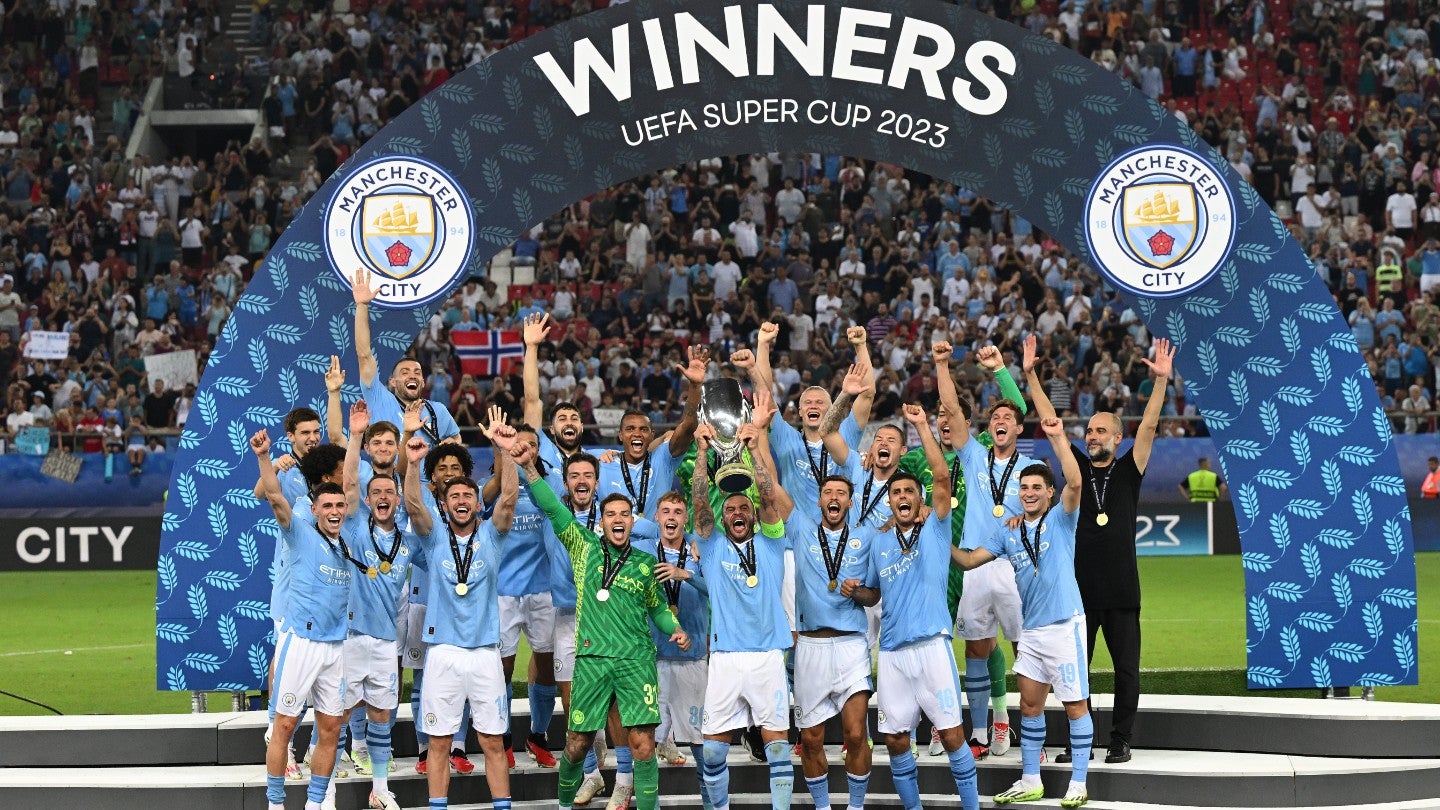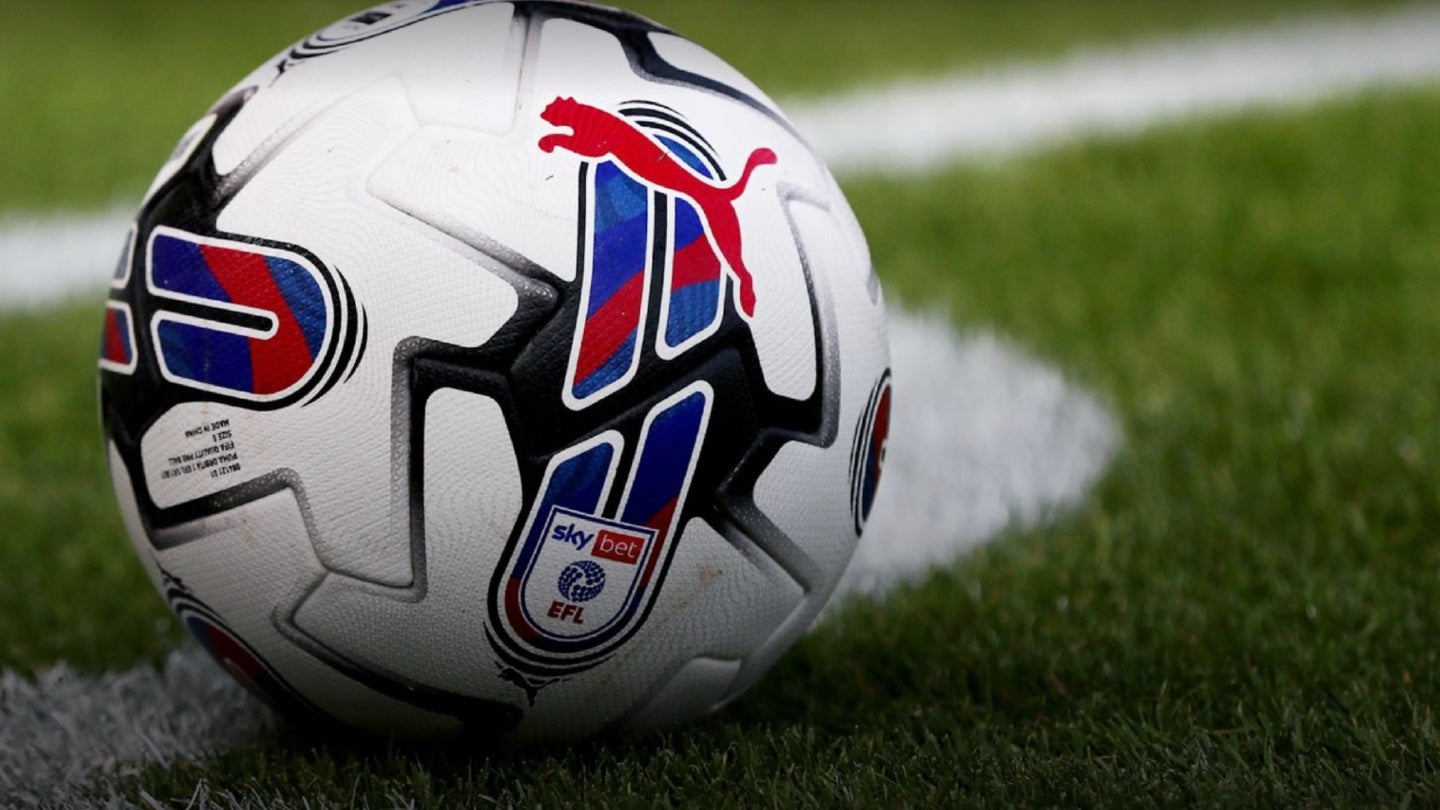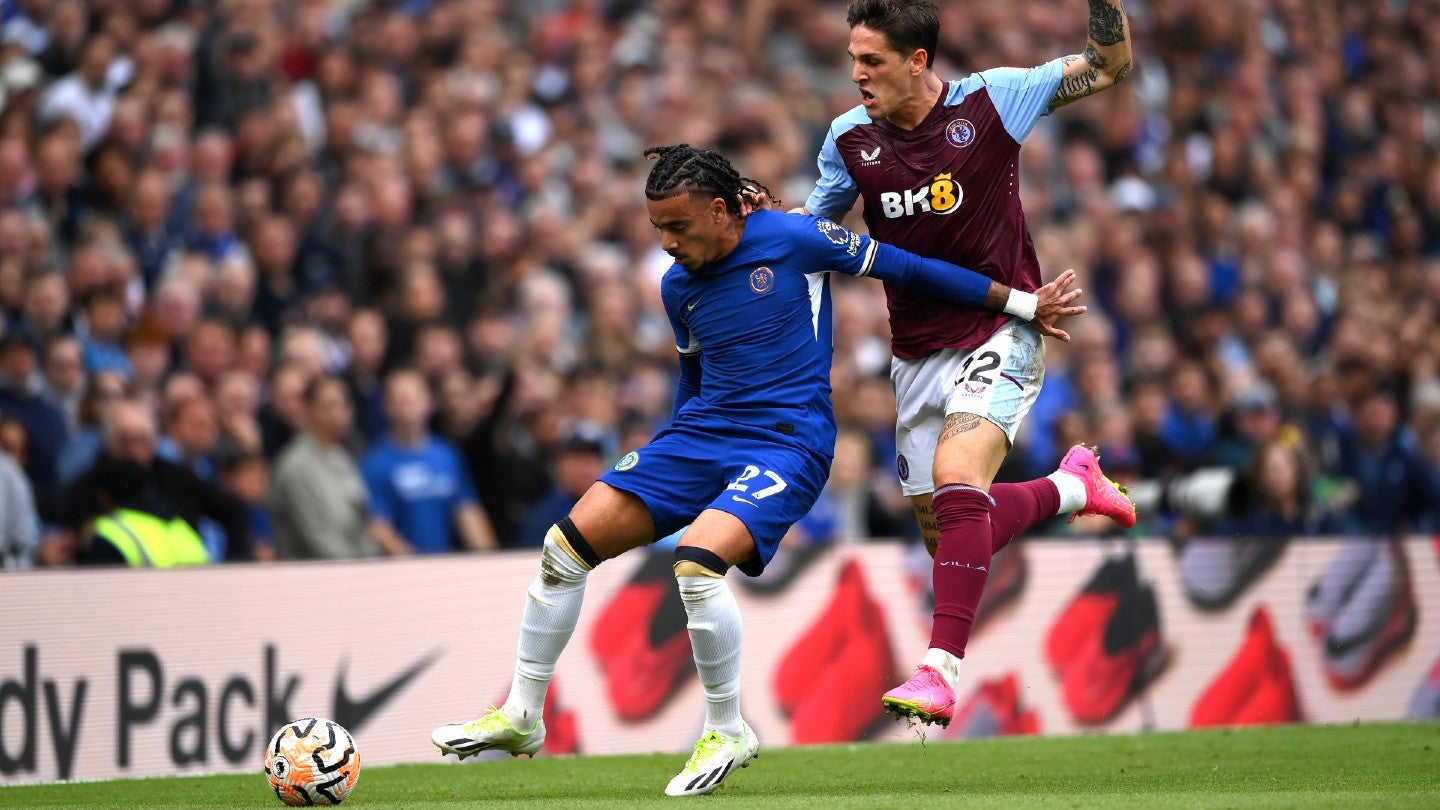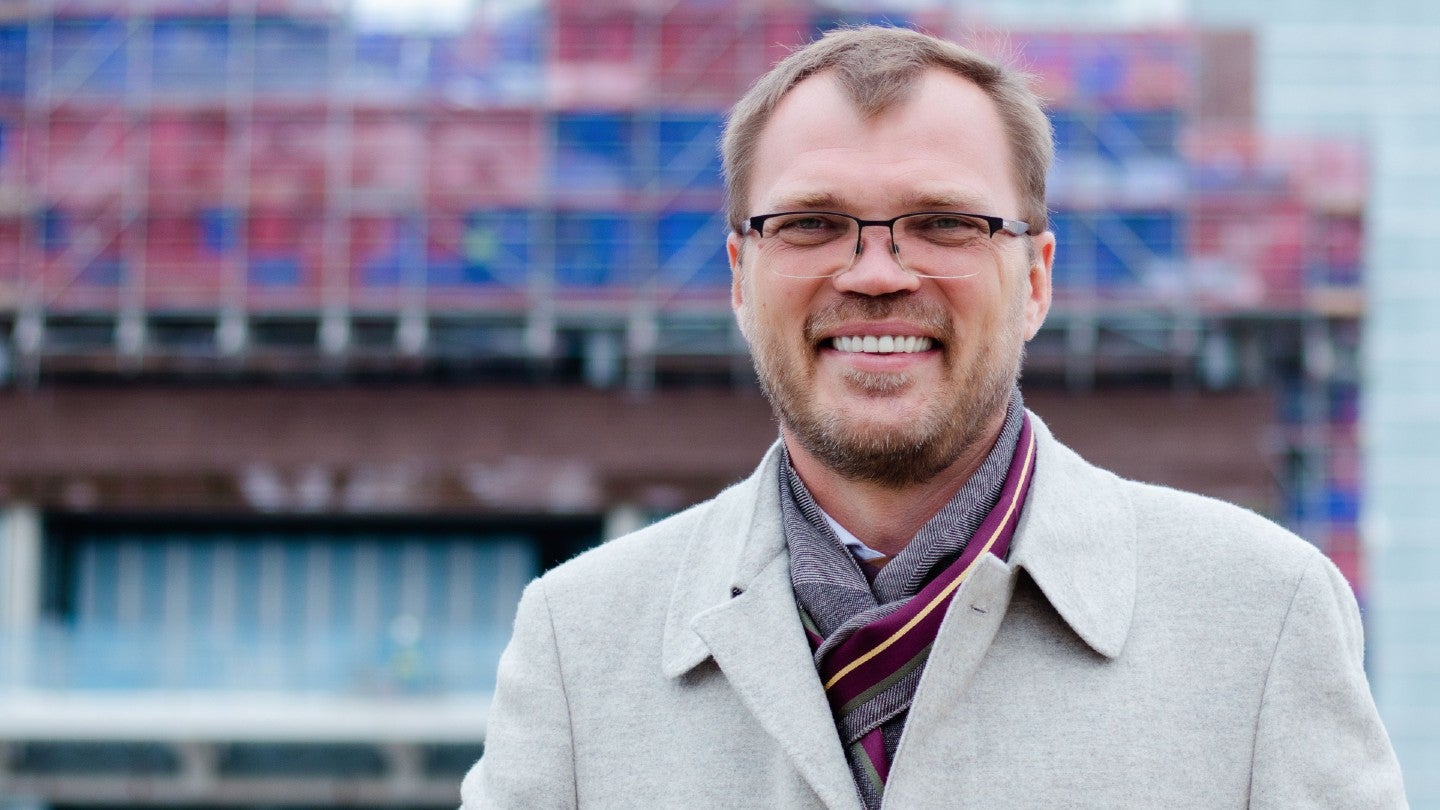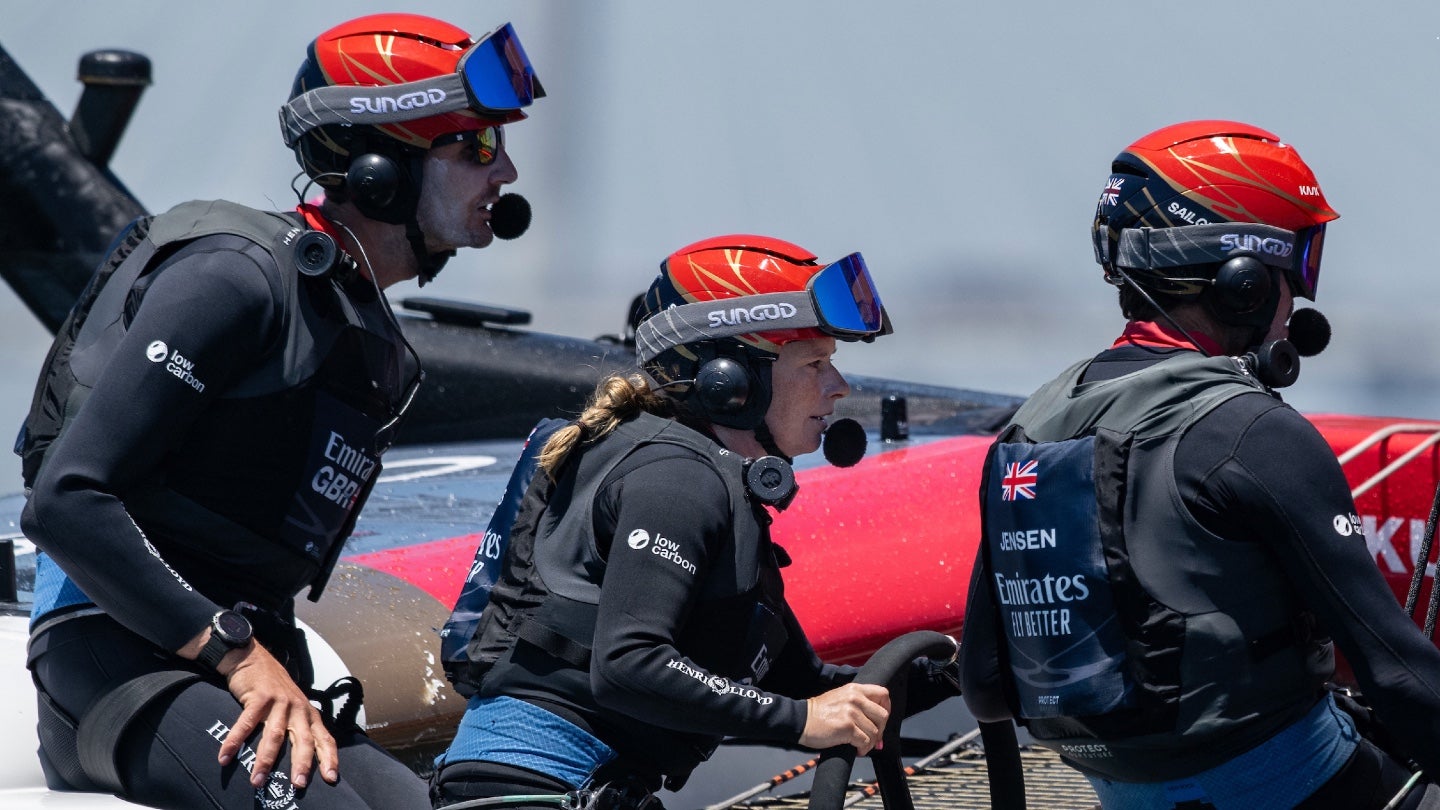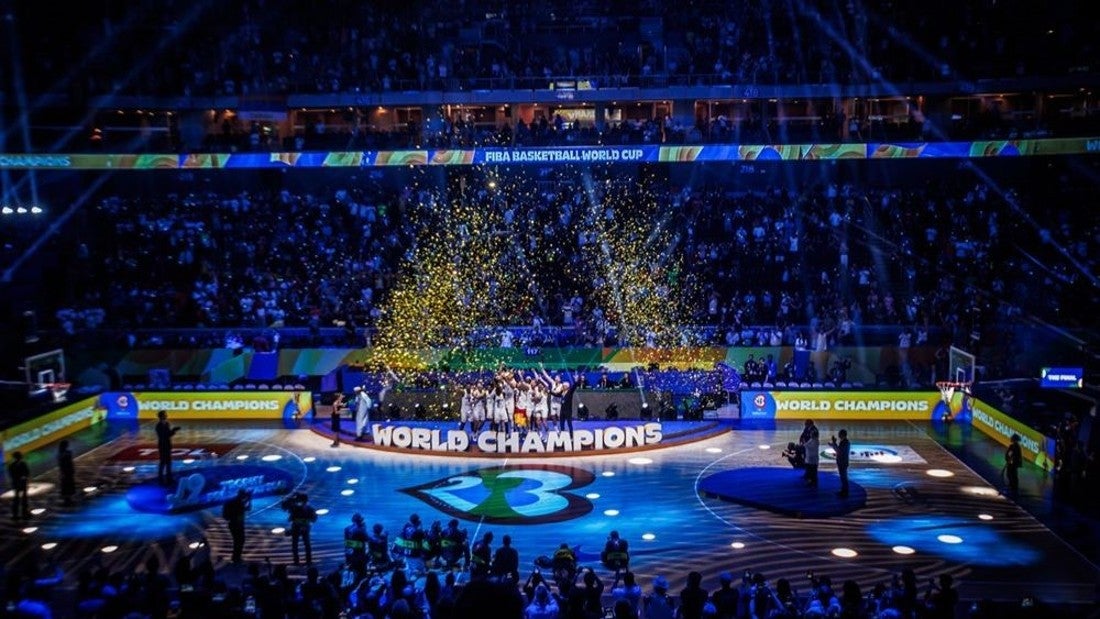Warsaw in Poland has been chosen to host European soccer’s UEFA Super Cup, the annual match contested between the winners of the Champions League and Europa League club competitions, in 2024.
The match will be held at the National Stadium in the country’s capital on August 14 next year.
The appointment was made by the UEFA executive committee during a meeting yesterday (September 26) in Limassol, Cyprus.
Poland’s National Stadium has a capacity of around 57,000 and is home to the Polish national team. The venue hosted the 2014-15 Europa League final as well as several matches at Euro 2012.
This year’s Super Cup was played at the Karaiskakis Stadium in Athens, Greece, where Champions League winners Manchester defeated Europa League champions Sevilla on penalties following a 1-1 draw. The 2022 edition was held at the Olympic Stadium in Helsinki, Finland.
The Stade Louis II stadium in Monaco was the venue for the Super Cup between 1998 and 2012, but since then UEFA has taken the tournament around Europe.
Meanwhile, at the meeting, the executive committee also decided to reinstate Russian under-17 teams to its competitions this season.
UEFA stated that youth players “should not be punished for actions whose responsibility lies exclusively with adults” regarding the country’s ongoing war with Ukraine.
All matches of the Russian teams shall be played without the country flag, anthem, or national playing kit, and not on Russian territory.
The executive committee confirmed that the suspension of all other Russian teams (clubs and national teams) will remain in force until the end of the conflict in Ukraine.
UEFA was the first sports body to suspend all Russian teams from its competitions, removing events scheduled in the country such as the UEFA Champions League final in Saint Petersburg and the UEFA Super Cup in Kazan, and canceling its sponsorship contract with oil giant Gazprom last year.
UEFA president Aleksander Čeferin said: “UEFA’s continuing suspension against Russian adult teams reflects its commitment to take a stand against violence and aggression. UEFA is determined that this position will continue until the war is over and peace restored.
“But by banning children from our competitions, we not only fail to recognize and uphold a fundamental right for their holistic development but we directly discriminate against them.
“By providing opportunities to play and compete with their peers from all over Europe, we are investing in what we hope will be a brighter and more capable future generation and a better tomorrow.”
In addition, UEFA has appointed Armand Duka of Albania as one of its vice presidents to replace Luis Rubiales, who resigned as president of the RFEF, the Spanish soccer federation, earlier this month.
The next UEFA executive committee meeting will take place on October 10 in Nyon, Switzerland, when the hosts for UEFA Euro 2028 and 2032 will be appointed.


